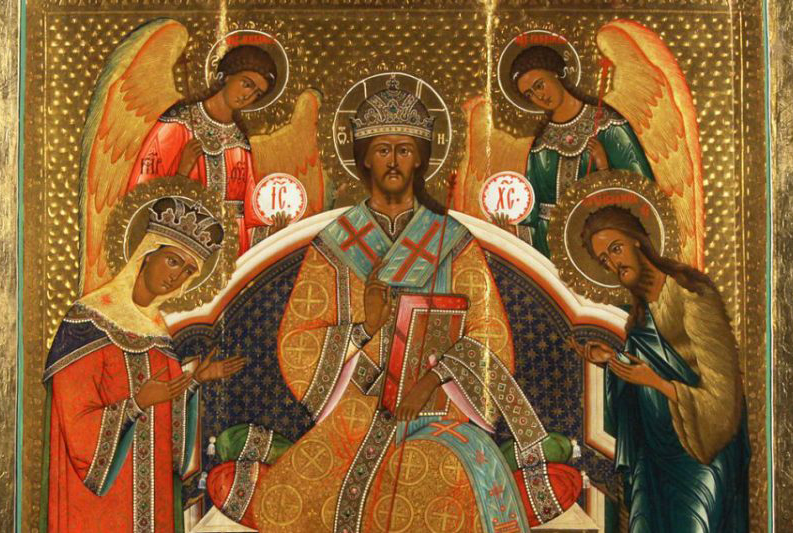The problem of the human will is not that of wills that are free but must somehow be persuaded to choose God and the good. Rather, the problem is that of the human will bound in darkness and the fear of death — until the love of God penetrates and sets it free.
Freedom of will is not the ability to choose between good and evil, based on nothing inherent in the chooser. Otherwise, there would be nothing to differentiate the exercise of the will from random events.
Rather, freedom of will is the ability to act according to one’s true inherent nature. The true and inherent nature of humans is that of persons created in the image of God and to be like God. Being thus created, our true and inherent will is to seek God and the good — that is when the will is competent. A will that is competent is one that is fully developed, fully informed, and not beset by hindering factors. But where one is not mature, or has been deceived, or is bound, we cannot say that their will is free.
So, for example, Lord Jesus said that whoever sins is a slave to sin (John 8:34). One who is a slave to sin does not have free will, for their will is in bondage, and not able to act according to their inherent nature. For another example, from the cross, Lord Jesus prayed for those who were crucifying him (which would include us all), “Father, forgive them, for they do not know what they are doing.” Their will was not free because it was not fully informed.
In the case of Adam and Eve in the garden, their will was not competent because they were deceived, bound by the deception of the devil. St. Irenaeus of Lyon, one of the Church Fathers from the 2nd century, taught that Adam and Eve were deceived because they were not yet mature.
God’s plan of salvation, enacted through Christ, does not require that God ignore, override, or otherwise cancel out the free will of anyone. Quite the opposite, Christ has come to set free our human will, so that we may act according to our true nature as persons created to bear the image of God and to be like God.
In the Incarnation, God and humankind are united in Jesus Christ (this is why the Cross and the Resurrection are effective for our salvation). So, Christ himself is our true nature. The love of the Father, the life of Christ in us, and the ministry of the Holy Spirit work in us to free us — mind, heart and will — from the deceits of the devil and the fear of death, so that we may may be and act as we truly are in Christ.


